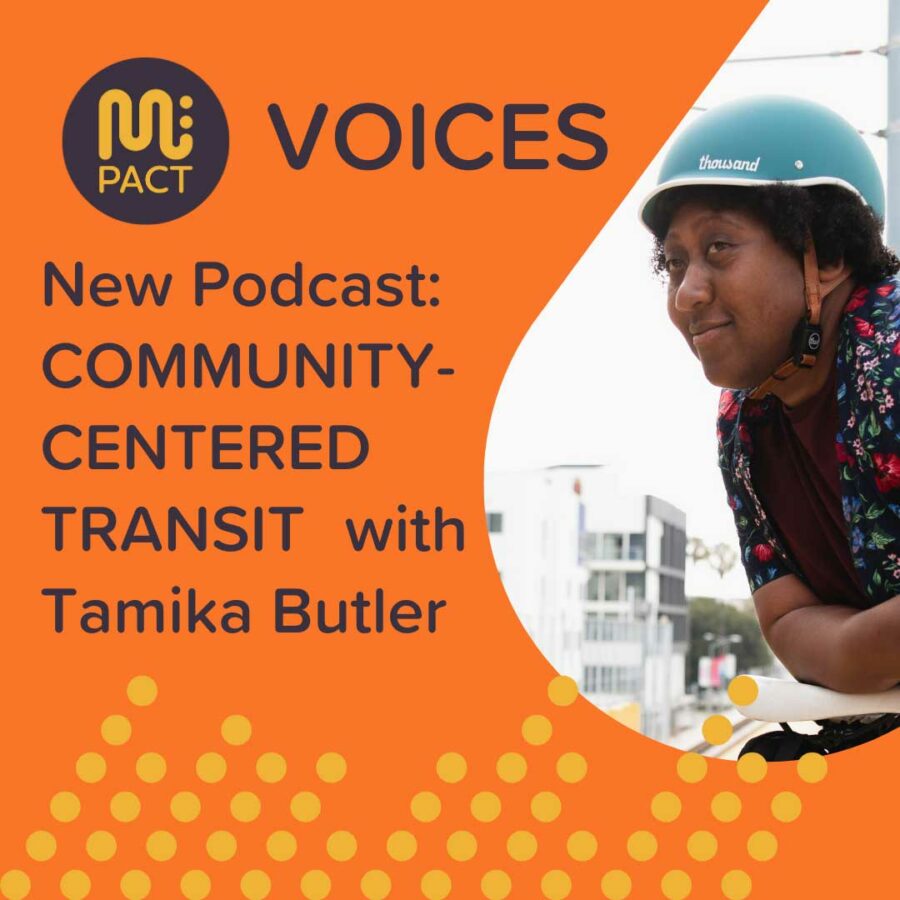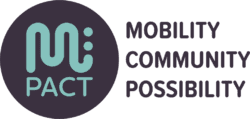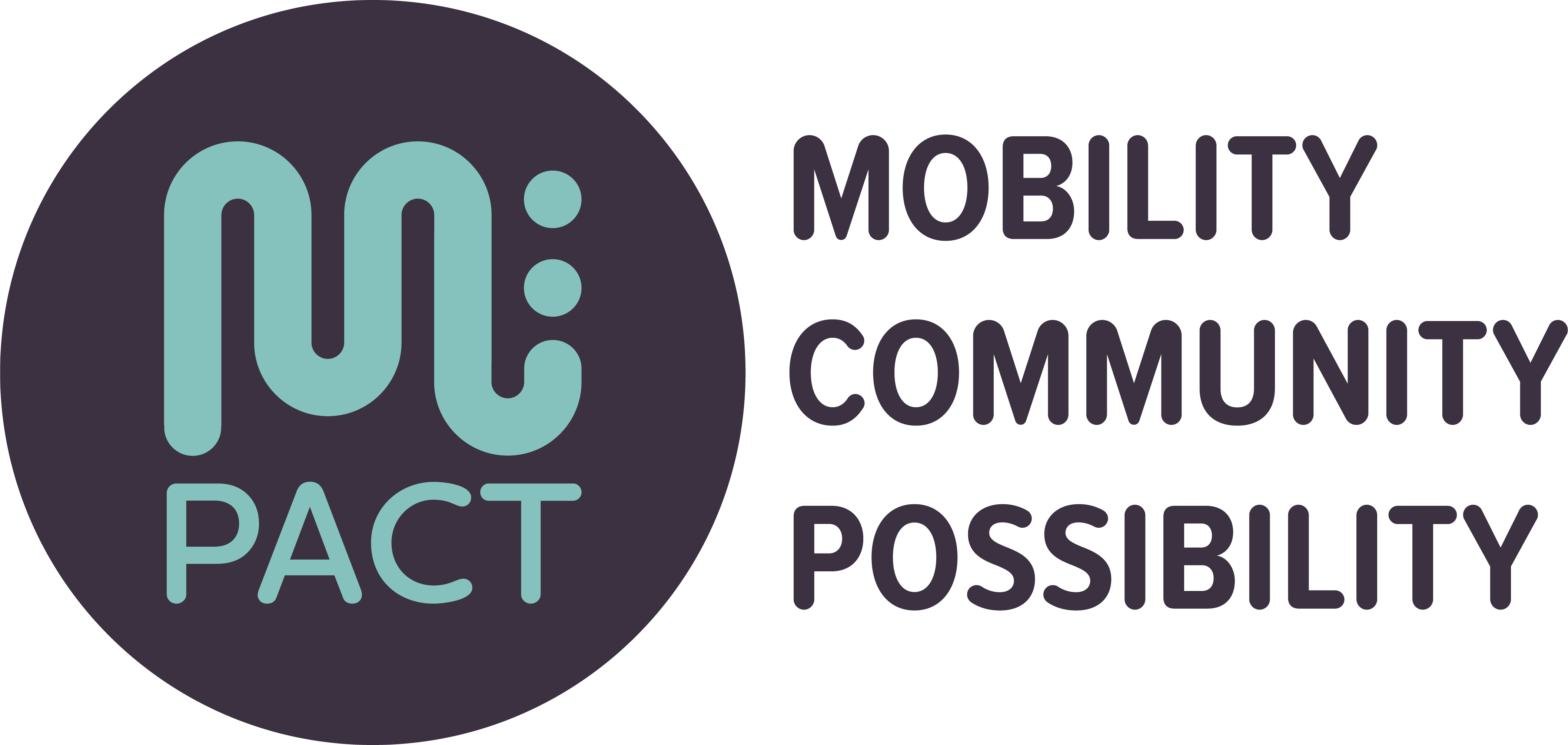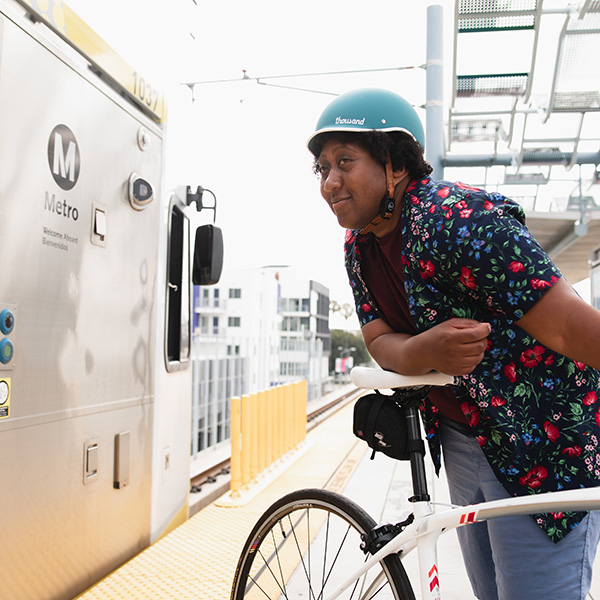Episode 62: Community-Centered Transit
Tamika L. Butler is a national expert and speaker on issues related to the built environment, equity, anti-racism, diversity and inclusion, organizational behavior, and change management. She is the Principal + Founder of Tamika L. Butler Consulting.
Tags: Tamika Butler

Tamika Butler digs into the approaches needed to center community experience in decision-making. And how individuals, in their own jobs or spheres, can be attentive and look for ways to advance more equitable approaches and outcomes.
Butler calls on us to rethink projects around the question of who is being served. For example, “slow streets” initiatives during the pandemic sought to reactivate street spaces for business and so people could walk safely. These were bold and innovative uses of public space. But, they perpetuated a particular point of view about streets and how different people experience them:
And so we had all these folks trying to do the right thing. Let’s start sidewalk dining, let’s start slow streets, let’s get people outside and bring people back together. But we were still planning things in ways that centered the experience of able bodied, cisgendered white folks, right? We were engaging still in planning practices that despite our best intentions were centering whiteness. And, and we thought we were including the, you know, the every man experience and perspective in these things.
But we were really only thinking about how people experience place and space as they move through those places and spaces in white bodies. So we’re telling people, if you can pay enough, you can be on this sidewalk in this dome that looks like a tent. But if you’re un-housed and you’re on that same sidewalk in a tent, you deserve to be removed because we shouldn’t have to see that, right? And the reality is that this was all happening at a time where for black folks, I don’t know if I wanna be on a slow street. I know that a young man walking with Skittles, you know, on his street, I know a young man jogging in his neighborhood on a slow street, they lost their lives.
And so sometimes we plan things with the best intentions, but we don’t think about the fact that the way that those spaces are experienced diverge radically based on who you are in this country, right?
Listen to the podcast (or see the transcript) for more about ways transit and development – from transit stations to the way we conceive development projects – can be envisioned with full community in mind.
Butler spoke during the closing plenary at the 2022 Rail~Volution conference in Miami, Florida. During the conference, Rail~Volution revealed a new name and identity, as Mpact: Mobility, Community, Possibility.


